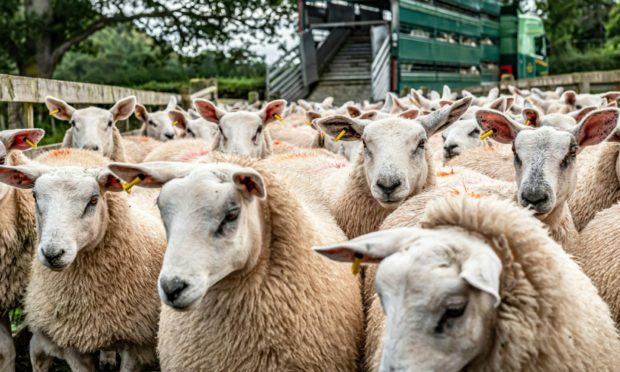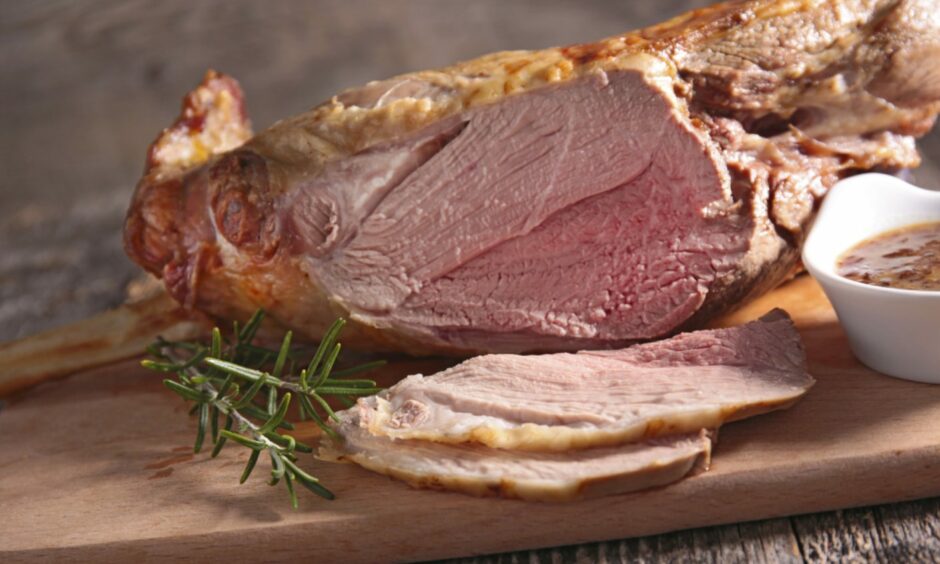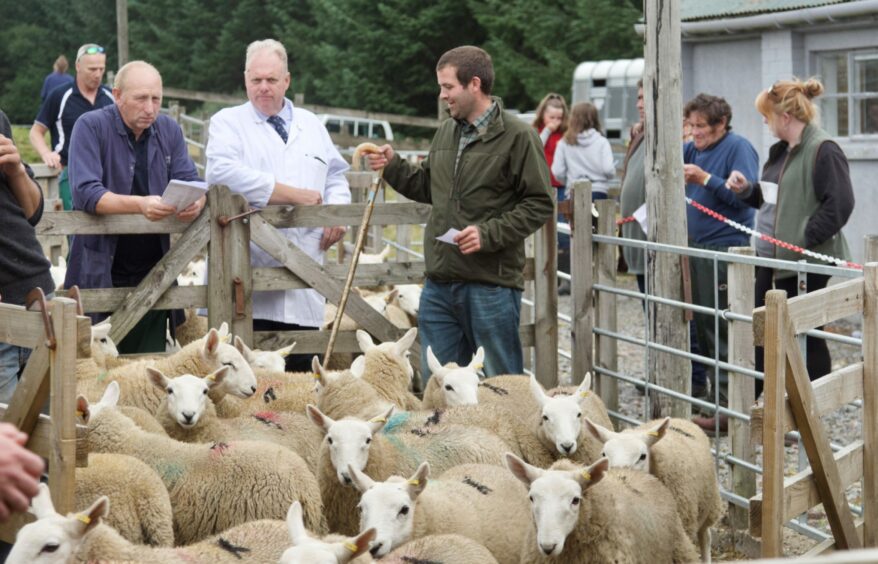The United States has lifted a ban on imports of British lamb which dates back to the BSE crisis of the late 1990s.
The move was announced by Prime Minister Boris Johnson during his visit to Washington and immediately welcomed by the National Sheep Association (NSA) and Scottish meat wholesalers who confirmed it would help maximise trade opportunities for UK farmers.
However exporters also pointed out that all meat plants will have to be individually approved by the United States Department of Agriculture (USDA) before lamb can enter the US – and that could take some time.
The Scottish Association of Meat Wholesalers (SAMW) chief executive Martin Morgan said: “The same also applies to beef as no Scottish plants have so far been approved to export beef to the US, due to the required USDA inspection being repeatedly pushed back by Covid restrictions. ”
Mr Morgan added: “With a political deal reached, however, both the UK and Scottish Governments now need to proactively help Scotland’s red meat industry make the very most of this opportunity.”
The NSA’s chief executive Phil Stocker agreed no sudden surge in volumes of sheepmeat to the US could be expected.
He said: “But we do know there is strong demand for UK sheep genetics – semen and embryos. Many British sheep breeds are in the US but are numerically too small to have a strong gene pool so the demand for our genetics is strong.
“In addition, with sheep meat consumption being very low in the US we believe we can help stimulate interest in lamb and quality mutton through exporting high quality British sheepmeat that re-inspires interest in the product and helps the US sheep industry to build further.
“We also believe we can tap into British heritage that is appreciated in the US through our many breeds and their connections to our heritage landscapes and culture.”
The domestic market takes 60 – 65% of UK sheepmeat production, and the EU continues to be the largest export market, however access is more difficult than it was when the UK was part of the EU.
Mr Stocker added: “I see this opportunity as helping to build consumption of one of the most nutritious, tasty and sustainable forms of meat production in the world. We want to see investment into the US market but would also like to see greater investment in Asia and the Middle East regions.”
Scottish Food and Drink chief executive James Withers said that while it was likely to take some time to build new customers and new markets, the industry wasn’t starting from scratch.
“We have staff on the ground in the US already, funded by industry and government, with good relationships with premium retailers and the hospitality industry,” he said.
“Of course, whilst the long term ambition is high, the labour shortage crisis building in the sector and Brexit red tape problems mean all eyes are on trying to honour existing supply arrangements.”



